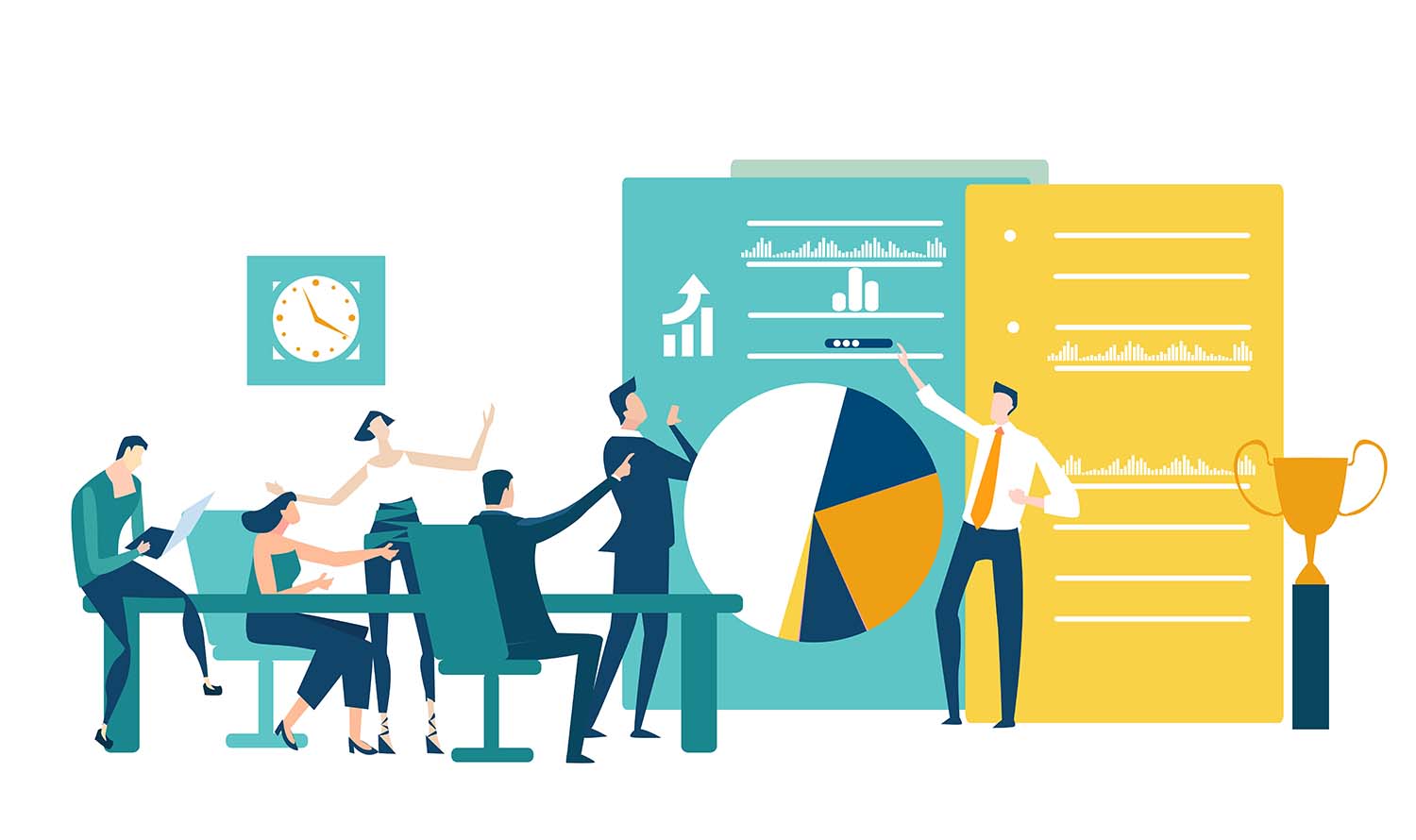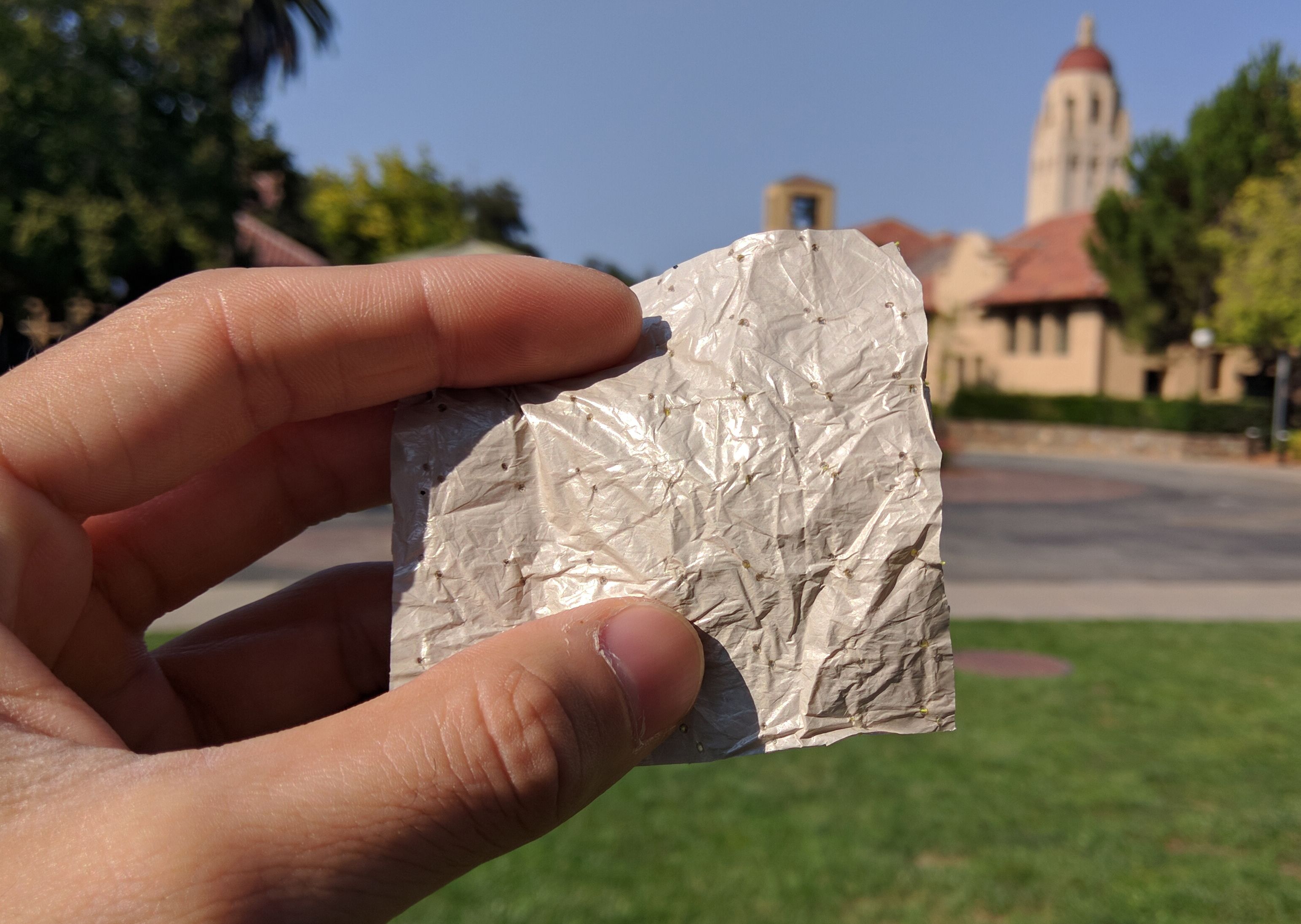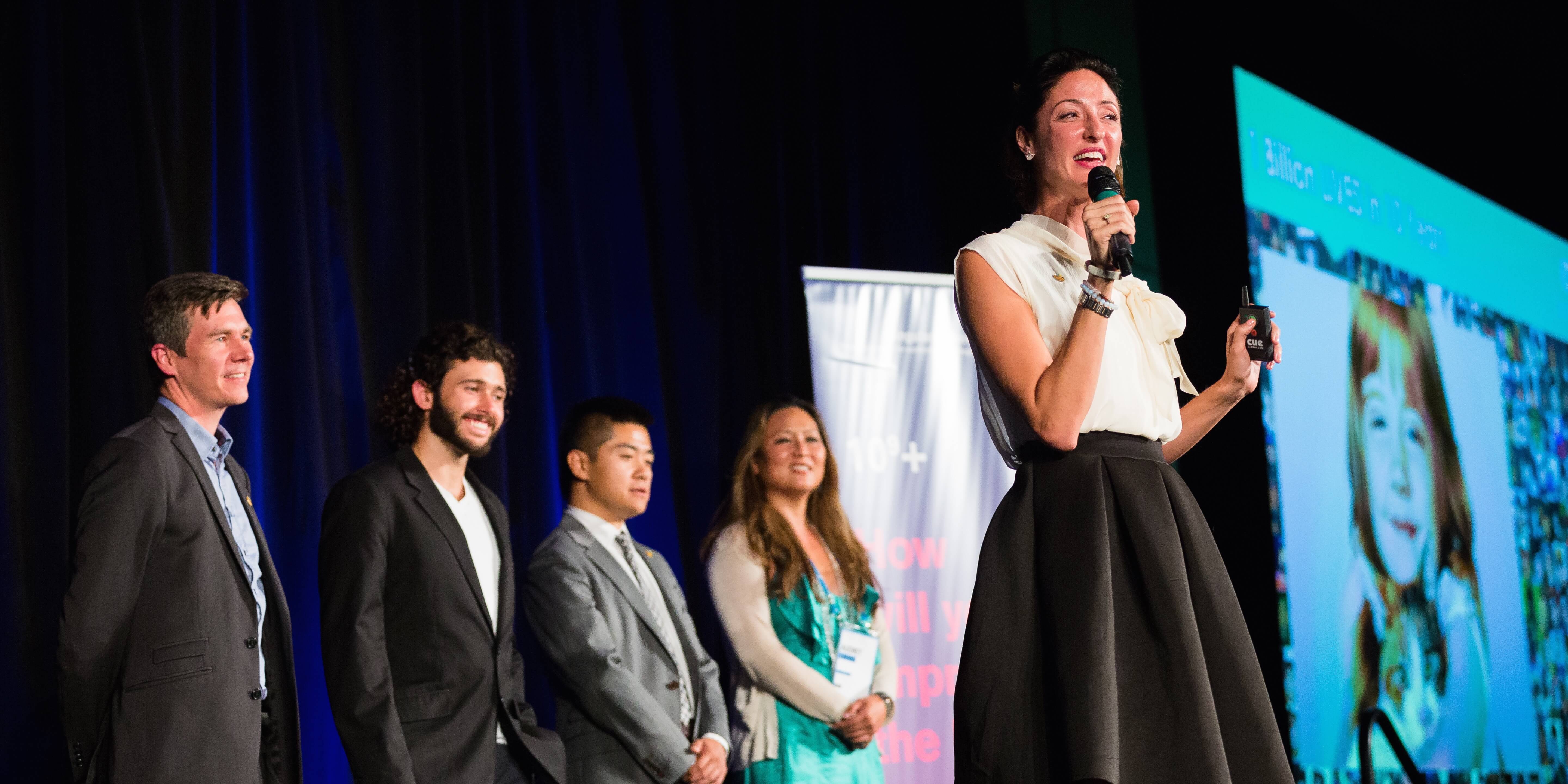 Feynman told us clearly: “Science is the belief in the ignorance of experts.” Check anything from first principles and experience, ignoring no logical holes, and that is science. Cargo Cult Science arises when the opposing arguments aren’t emphasized. Experts then form and pass down firm beliefs that are delusions. Cargo Cult science is like a perfect replica radio made all of wood: it may have all the trappings of degrees and chairs and journals, but it is missing the key ingredient and won’t function.[1][2]
Feynman told us clearly: “Science is the belief in the ignorance of experts.” Check anything from first principles and experience, ignoring no logical holes, and that is science. Cargo Cult Science arises when the opposing arguments aren’t emphasized. Experts then form and pass down firm beliefs that are delusions. Cargo Cult science is like a perfect replica radio made all of wood: it may have all the trappings of degrees and chairs and journals, but it is missing the key ingredient and won’t function.[1][2]
Vaccine science is cargo cult science according to Feynman’s definition. There are a ton of peer reviewed papers demonstrating that vaccine aluminum is damaging, that vaccines are full of contaminants, that they can disrupt brain and immune system development, that the smallpox vaccine was ineffective, the polio vaccine is of questionable utility, other vaccines’ immunity wanes after only a few years. They never rebut as you can easily verify yourself by examining the citation list here for opposition and then searching the vaccine survey pdfs for the cites. They just ignore it.[3][4][5]
Climate science is cargo cult science. Climate “scientists” have been known to “hide” their own most interesting data, the data contradicting the prevailing theory which is what Feynman said a scientist should emphasize most prominently[6][7]. Alternative theories and methodological objections are ignored or white washed. (Search the IPCC reports for discussion of the opposition.) To say a science is cargo cult science is not to say that there are no papers published in it that are science, but it is to say one should repose zero or negative confidence in any pronouncement one has not personally verified from first principles.
http://TruthSift.com supports Feynman’s model of science applied to everything. Just as in mathematical practice, you can post proofs and refutations. But nothing is considered established unless every proposed refutation has an established counter-refutation. No proposed refutation can be ducked, and anybody who believes they have a rational objection may post it (and see the establishment statuses reflect the objection in real time). Try it out. Check out (and please contribute to) the ongoing diagrammings of the vaccine/climate science etc literatures. When they have passed through true logical review, confronting all the opposing arguments, what remains will be a genuine science.
[1] Richard P Feynman, What is Science? (1968) http://www-oc.chemie.uni-regensburg.de/diaz/img_diaz/feynman…nce_68.pdf
[2] Richard P Feynman, CARGO CULT SCIENCE (adapted from Caltech Commencement Address 1974) https://www.lhup.edu/~DSIMANEK/cargocul.htm
[3] Eric Baum The Top Ten Reasons I Believe Vaccine Safety Is an Epic Mass Delusion (2016) https://lifeboat.com/blog/2016/06/the-top-ten-reasons-i-beli…s-delusion
[4] TruthSift Topic: Are Vaccines Safe? (2016) http://truthsift.com/search_view?statement=Vaccines-are-Safe…p;nid=4083
[5] TruthSift Topic: The Evidence is Weak Vaccines Have Saved More Lives than They Have Cost (2016), http://truthsift.com/search_view?topic=The-Evidence-Is-Weak-…amp;id=520
[6] Climate data hidden both early (data showing very rapid rise before 1500) and in 20th century (showing decline): https://climateaudit.org/2011/03/21/hide-the-decline-the-other-deletion/
[7] More data contradicting theory hidden. https://climateaudit.org/2011/12/01/hide-the-decline-plus/







 Feynman told us clearly: “Science is the belief in the ignorance of experts.” Check anything from first principles and experience, ignoring no logical holes, and that is science. Cargo Cult Science arises when the opposing arguments aren’t emphasized. Experts then form and pass down firm beliefs that are delusions. Cargo Cult science is like a perfect replica radio made all of wood: it may have all the trappings of degrees and chairs and journals, but it is missing the key ingredient and won’t function.[1][2]
Feynman told us clearly: “Science is the belief in the ignorance of experts.” Check anything from first principles and experience, ignoring no logical holes, and that is science. Cargo Cult Science arises when the opposing arguments aren’t emphasized. Experts then form and pass down firm beliefs that are delusions. Cargo Cult science is like a perfect replica radio made all of wood: it may have all the trappings of degrees and chairs and journals, but it is missing the key ingredient and won’t function.[1][2]








